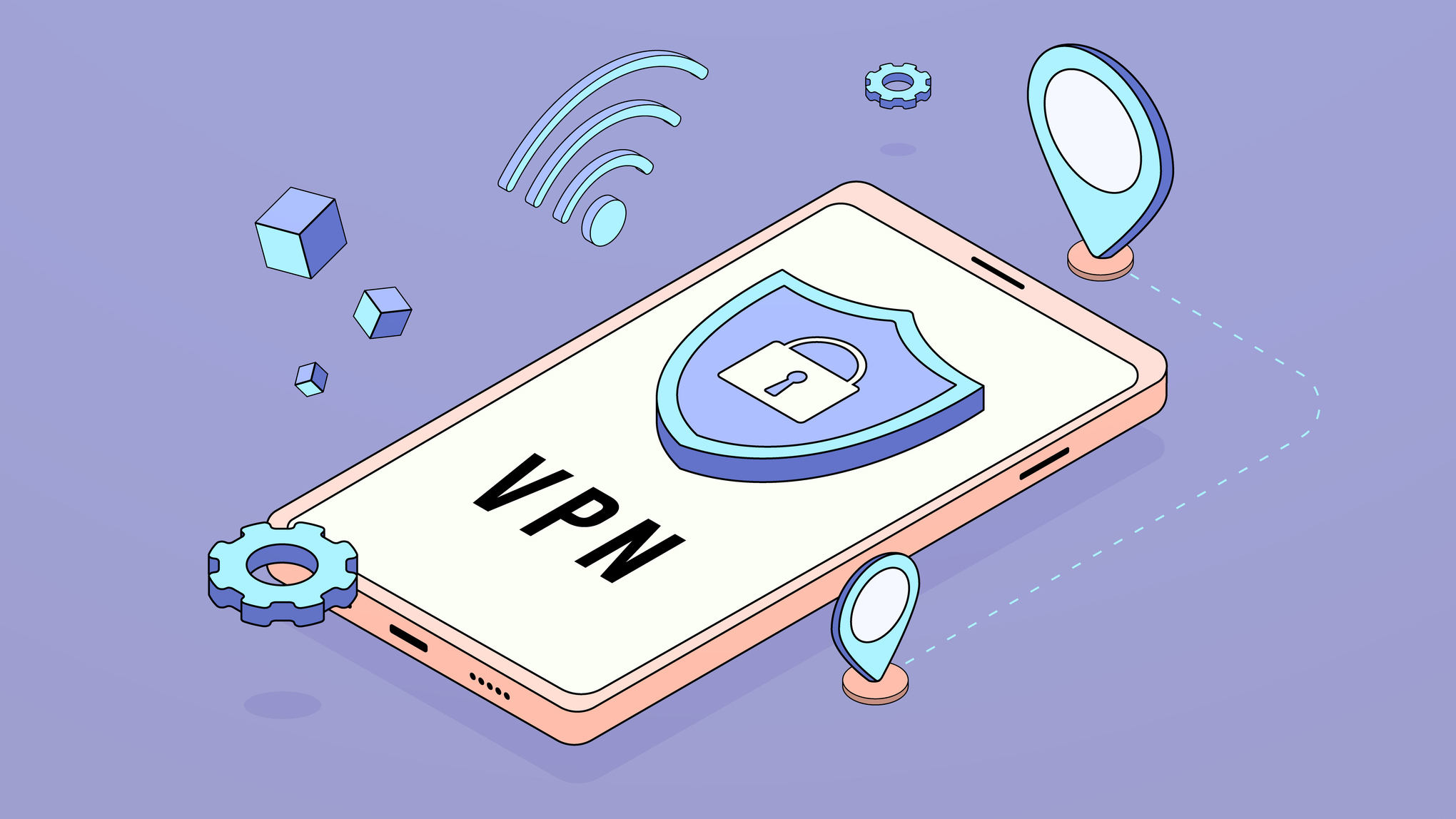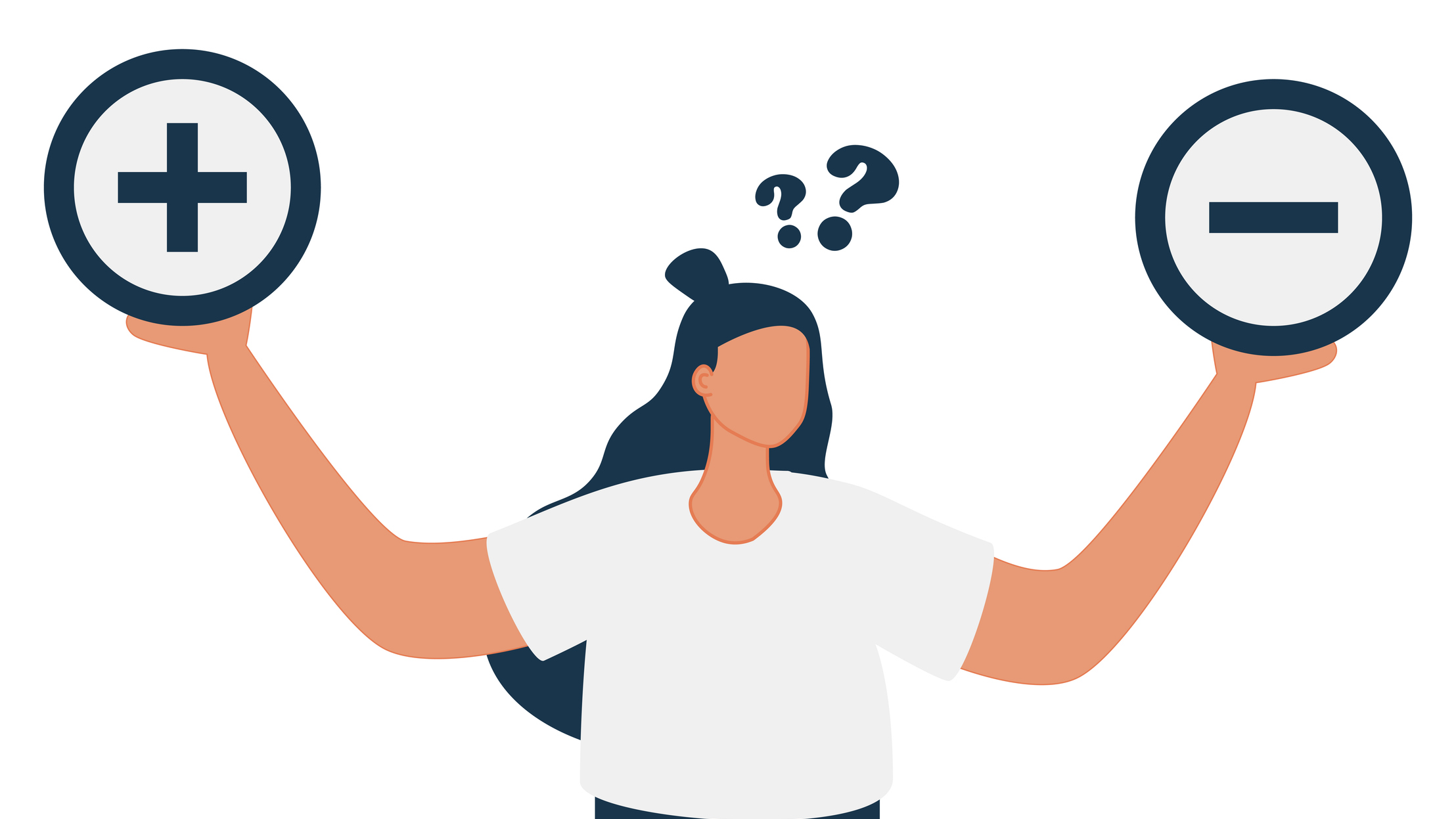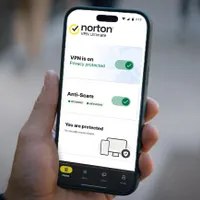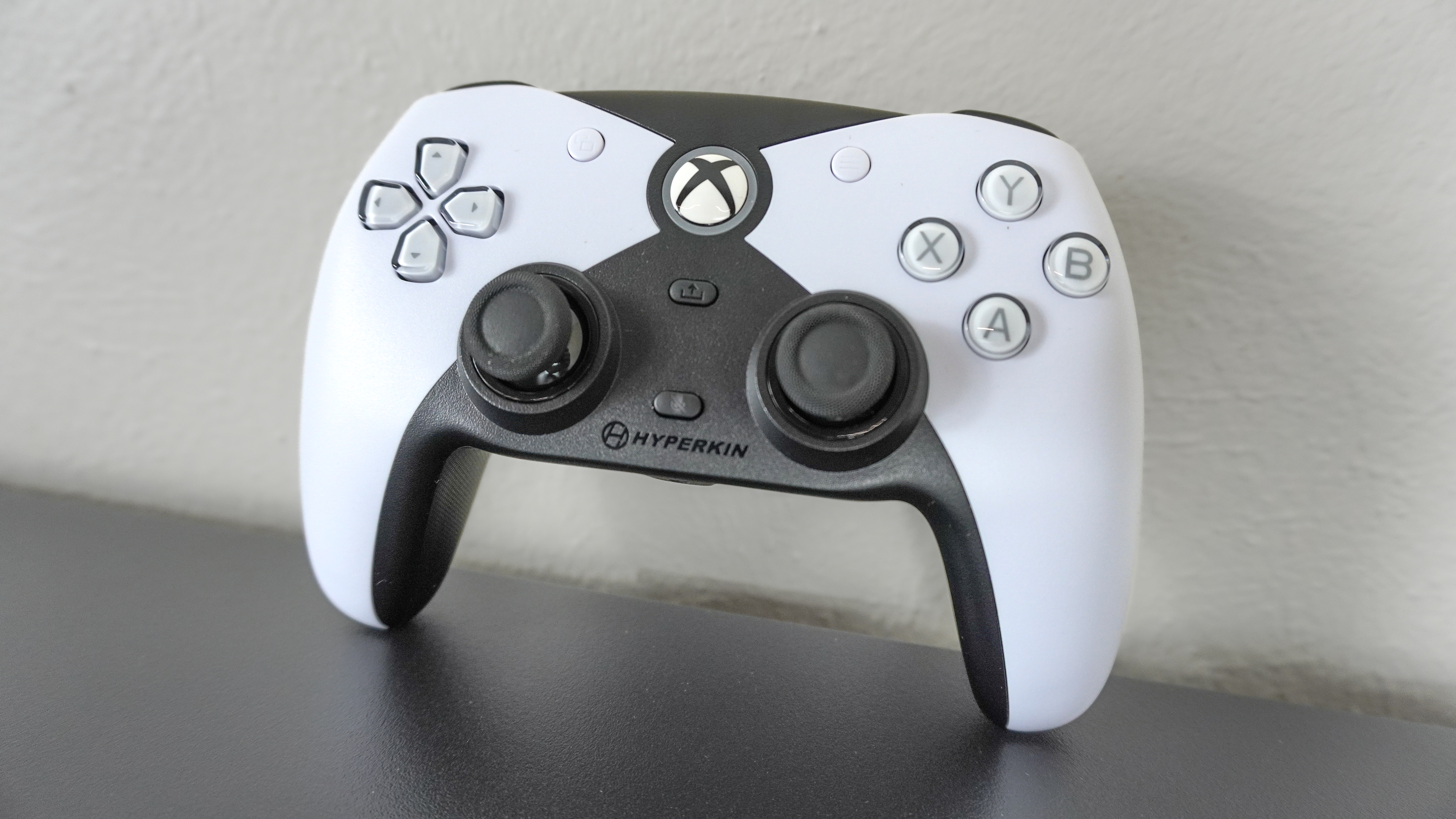What are the benefits of using a VPN?

It's more important that ever to make sure you're safe online, thanks to threats like digital surveillance, censorship and cybercrime on the rise. One way you can ensure that your data will remain safe is by using one of the best VPNs. This is down to the fact that a VPN can encrypt your internet traffic and keep your browsing sessions free from anyone who might want to snoop on them.
Beyond just keeping your data private online, Virtual Private Networks (VPNs) can help you torrent safely, access geo-restricted content, save money when shopping, and even streamline your gaming experience.
If you're unsure of how exactly a VPN can help you in these areas, then wonder for not much longer. Here at Tom's Guide, we've racked up more than 3,000 hours putting VPNs to the test and making sure they can perform in all the ways they claim to. Here. I've highlighted all the greatest benefits and best things about a VPN, as well as some of their drawbacks, so you can make the most informed decision possible. I've also included a few of my VPN recommendations.
Norton VPN | from $39.99 per year
VPNs can offer a wide array of protective tools to keep you and your family’s data safe while browsing the web on all your favorite devices. From Dark Web Monitoring to antivirus protection and fine-tuned Parental Control features, VPNs have become a jack-of-all-trades tool for protecting online privacy and data. VPNs are no longer just handy for those of us who want to stream our favorite shows from around the world – they’re also beneficial for protecting you from AI-generated scams and other cyber threats.
If you want all these incredible safety tools rolled into one, then Norton VPN Ultimate should be your go-to choice for fast, reliable protection backed by a 60-day money-back guarantee. Cyberthreats are smarter than ever, and you deserve a VPN that is even more powerful than the worst the internet can throw at you. Norton VPN Ultimate has you, and all of your favorite devices, covered.
Advantages of using a VPN
VPNs are multi-purpose, and their advantages range from safeguarding your digital privacy to enhancing your gaming experience and so much more in between. Let's take a deep-dive into the most important VPN benefits:
1. Improved online anonymity
The most important thing a VPN does is to protect you and your data. How do they do this? Well, your VPN masks your IP address and gives you a shiny new fake one, making it much more difficult for your internet service provider (ISP), government agencies, and cybercriminals to track your online location and activities.
Your VPN will also encrypt your data and send it through an end-to-end encrypted tunnel to one of its many servers located around the world. In simple terms, this makes your internet traffic unintelligible and unreadable, meaning snoopers can’t make any sense of it – and therefore can’t exploit it.
Together, these handy features mean you can go about your day-to-day browsing without worrying about leaving an identifiable trail behind you. You have a right to digital privacy, after all, and a VPN will help you exercise it. The most private VPNs will ensure you stay completely anonymous at every step, too.
The most secure VPNs come with a kill switch, too, that prevents you from accidentally sending data outside of the secure VPN tunnel in case your VPN connection drops. Some providers also offer advanced features such as split tunneling and port forwarding that add additional layers of security.
2. Stay secure on public Wi-Fi
The free Wi-Fi connections you find in airports, hotels, cafes, and public transport are pretty convenient, especially when you're out and about, but they're notorious hotbeds of cybercriminal activity.
This is because they tend to lack encryption and don’t require a password to access, allowing bad actors to intercept the data you send over the unsecured Wi-Fi (like your banking details if you happen to buy anything) and exploit it to commit identity and/or financial fraud.
However, using a VPN on public Wi-Fi will encrypt your data so that even if your connection is intercepted, the details therein will be indecipherable and useless to opportunistic cybercriminals.
3. Unblock streaming services
Streaming platforms like Netflix and Prime Video, among others, offer different content libraries to people in different regions. This is all thanks to licensing agreements, unfortunately, and means that if you're in the US, you'll be locked out of all the British goodies on BBC iPlayer.
Using one of the best streaming VPNs bypasses these geo-restrictions and, ultimately, helps you get the most out of your subscriptions.
All you need to do is choose a VPN server in the country where your streaming platform of choice is available, hit connect, and then enjoy your movie marathon.
4. Maintain your online freedoms
Unfortunately, digital security and internet freedoms aren't a given everywhere. Oppressive governments in China, Russia, and Turkey impose harsh country-wide internet censorship, blocking access to everyday sites like WhatsApp and Facebook. These countries crack down on these platforms for a number of reasons but, usually, it's to quash anti-government sentiments.
A VPN helps you bypass blocks put in place by your government and use the internet with total freedom. If you're serious about getting around VPN bans, I'd recommend checking out a service with obfuscated servers, as some governments have even made it illegal to use a VPN.
5. Beat ISP throttling
Internet service providers (ISPs) can limit your bandwidth if they detect that you're using a lot of it – for streaming, torrenting, or downloading. They do this to try and alleviate the server load but it typically comes at the cost of your online experience.
Naturally, it's less than ideal, and will tank your torrending speeds, streaming quality, and overall mood.
A VPN hides your original IP address, essentially anonymizing you, ensuring your ISP can’t keep tabs on what you're doing and, subsequently, throttle your bandwidth. Plus, if you use one of the fastest VPNs, you can be sure that it won't slow you down, either.
6. Get better deals
The price of certain goods and services, like flight tickets and hotel bookings, range massively from country to country – something that deal-savvy shoppers will already be aware of. Typically, folks in lower-income countries with weaker currencies get cheaper rates.
So, with a VPN, you can connect to a server in one of these locations to fool the sites you visit into thinking you're really there – and serve up those same awesome deals. If you pick a VPN with a generous server network, you'll be able to shop around and server-hop to your heart's (and wallet's) content. You don't even need to break the bank to do this, either, as some of the best cheap VPNs cost just around couple of dollars per month.
Before you switch servers and start hunting down those deals, make sure that you clear your browser cookies, cache, and browsing history. This ensures you'll get the absolute best deals.
7. Level up your gaming
If you're into your online games, you can potentially reduce ping and streamline your online experience with a VPN. All you need to do is connect to a server as close to the game server as possible.
The benefits don't end there, though. The best gaming VPNs also help you get around IP bans and stop DDoS (Distributed Denial-of-Service) attacks, swatting, and bandwidth throttling in their tracks.

Are there disadvantages to using a VPN?
VPNs are massively important pieces of kit in today's dodgy digital landscape. However, they're not without their downsides, and it's natural to have concerns if you're new to the tech (or weighing up your options).
For starters, VPNs can negatively impact your internet speeds because they add an extra step to the journey your data takes. As your data leaves your device and heads to the site you're trying to access, it gets routed through the VPN server and encrypted, first. It's an important part of the process, to be sure, but the slight increase in latency can be a bother.
Next, some apps don't play nicely with a VPN. Take Android Auto, for example. If it detects that you're using an Android VPN, it'll display an error screen, saying that it won't function alongside a VPN. So, if you're trying to play music and check Google Maps in your car while connected to a VPN, you'll need to set up split tunneling to ensure it works properly with Android Auto.
Doing this isn't an ideal solution, however, as it means that you'll be sacrificing your privacy. Snoopers can track your approximate location (and other identifiable details) through Android Auto – and if the app is bypassing VPN encryption, there's nothing to deter these nosy cybercriminals.
Finally, the complaint I hear the most about VPNs always comes down to their price – and I get it. Paying a monthly or yearly fee for a VPN might seem like an abstract waste of money. After all, it's not like you're getting a physical product in return. The good news is that there are awesome cheap VPNs out there, as well as a handful of trustworthy free VPN services.
However, they are often not as feature-packed as their full-price counterparts, meaning that for the most robust protection, you'll want a premium provider. If you're hoping to save a wad of cash when picking up a provider, it's important to remember that long-term subscriptions (of a year or longer) offer the biggest and best savings. So, while you may need to pay a bigger sum upfront, you'll be saving more in the long run.
FAQs
Is a VPN worth using?
A VPN is well worth using. They're handy tools that encrypt your data and ensure that all your information, and all of your communications, are kept secure. VPNs also help you access international streaming content, sites that might otherwise be blocked at your workplace or school, and keep your P2P file sharing nice and secure.
When should you not use a VPN?
There are a few occasions where you might not want to use a VPN. For instance, if you're using mobile data, it's probably a good idea to keep your VPN switched off, as they can be data hungry. Some of your apps might require you to log in from the country you registered your account in – which means you can't be connected to a server elsewhere.
When should I use a VPN on my phone?
It's worth using a VPN on your phone whenever you're connected to the internet – especially if you're going to be relying on unsecure public Wi-Fi hotspots. VPNs encrypt your data, keeping it safe from snoopers, and ensure that you can go about your usual browsing without identifiable information falling into the hands of cybercriminals.
We test and review VPN services in the context of legal recreational uses. For example: 1. Accessing a service from another country (subject to the terms and conditions of that service). 2. Protecting your online security and strengthening your online privacy when abroad. We do not support or condone the illegal or malicious use of VPN services. Consuming pirated content that is paid-for is neither endorsed nor approved by Future Publishing.
Get instant access to breaking news, the hottest reviews, great deals and helpful tips.

Krishi is a VPN writer covering buying guides, how-to's, and other cybersecurity content here at Tom's Guide. His expertise lies in reviewing products and software, from VPNs, online browsers, and antivirus solutions to smartphones and laptops. As a tech fanatic, Krishi also loves writing about the latest happenings in the world of cybersecurity, AI, and software.
- Olivia PowellTech Software Commissioning Editor
You must confirm your public display name before commenting
Please logout and then login again, you will then be prompted to enter your display name.

